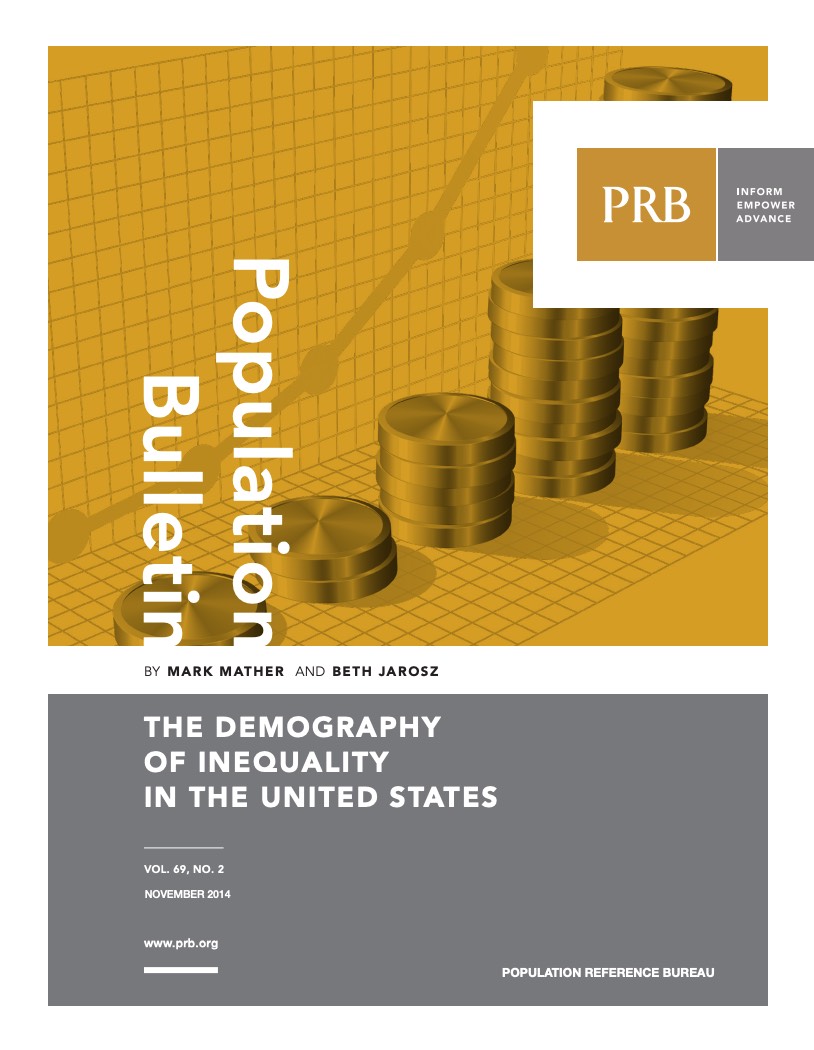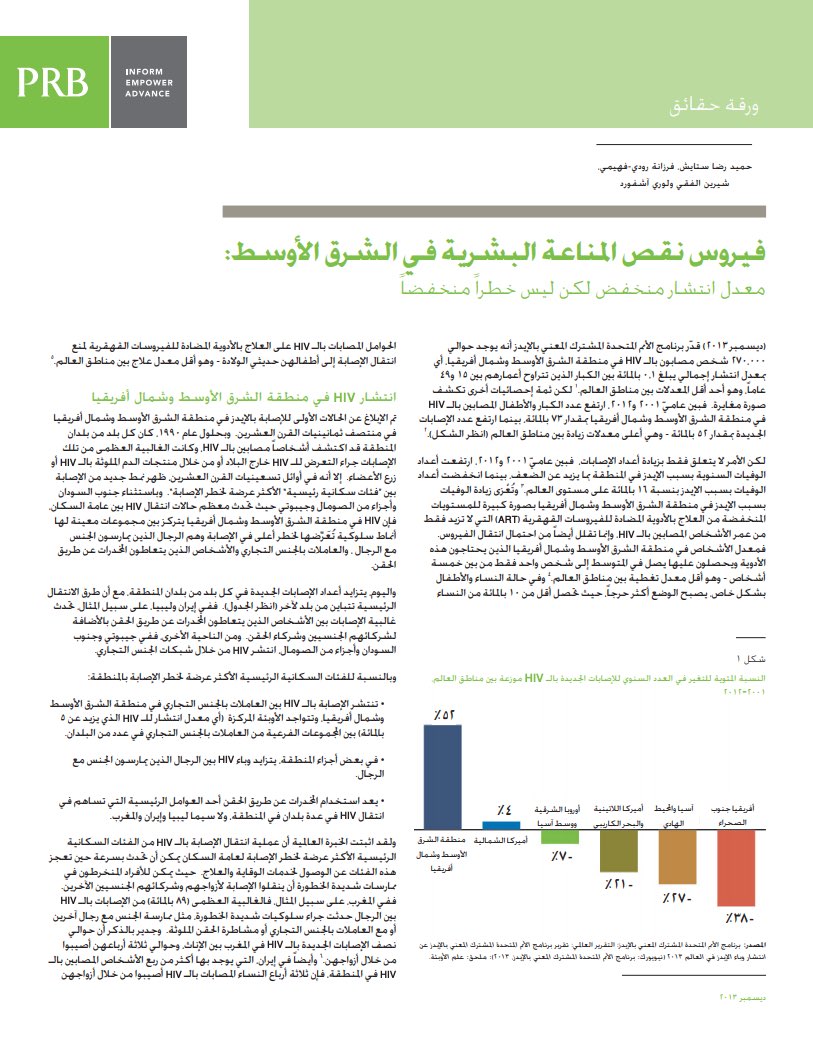La violence liée au genre accroît le risque pour les femmes d’Afrique subsaharienne de contracter le VIH/sida
(2011) Près de 68 pour cent des personnes infectées par le VIH dans le monde vivent en Afrique subsaharienne, où le virus touche les femmes de manière disproportionnée.



